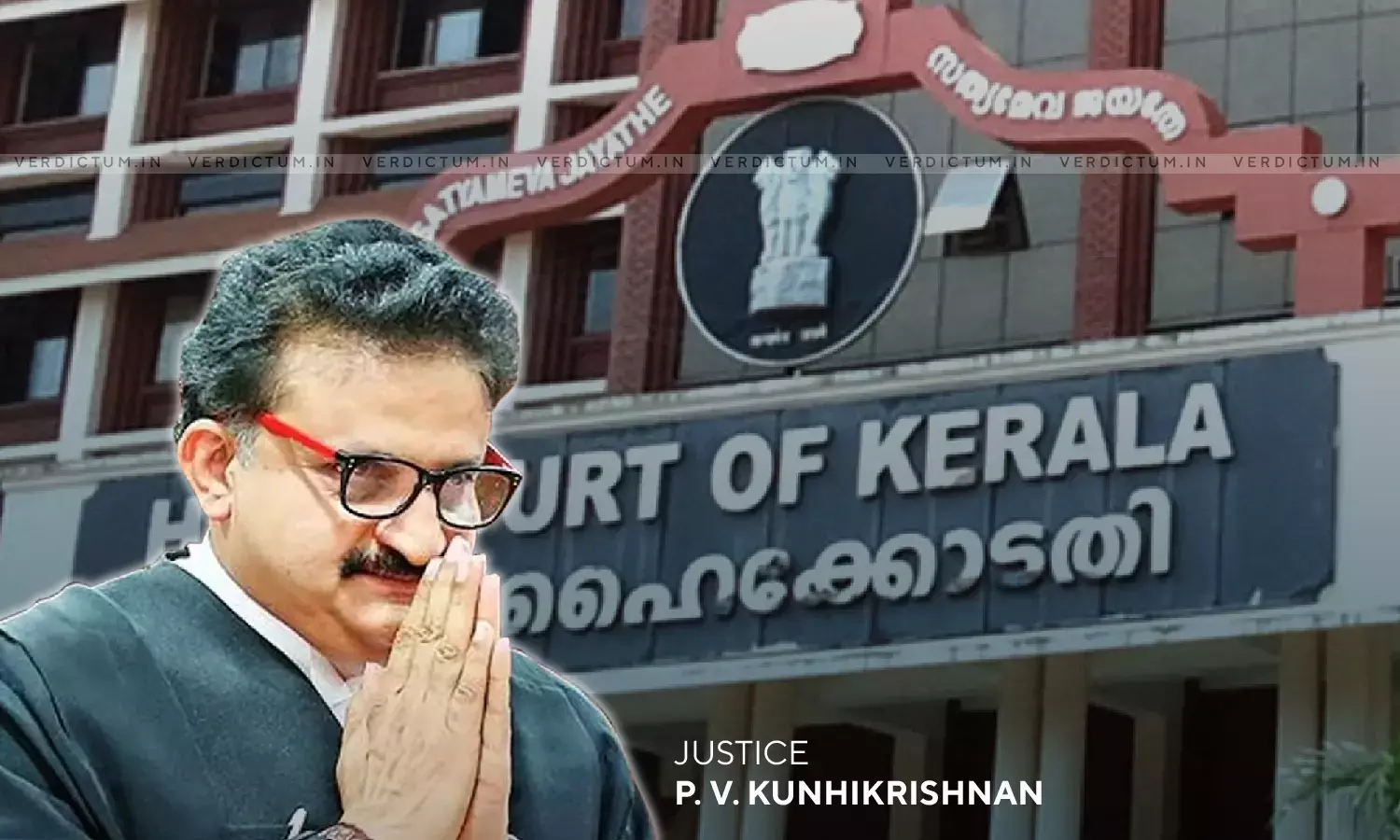Even Now Authorities Reluctant To Register Inter-Faith Marriages, Social Reformers Hijacked By Caste Groups: Kerala HC

While dealing with a plea challenging refusal of registration of marriage due to religious differences between the parties, the Kerala High Court observed that even now the authorities are reluctant to register marriages because of religious differences between the parties to a marriage. The Court has also observed that it is unfortunate that nowadays there is an attempt to hijack the names of social reformers by certain caste groups as if they are their caste leaders.
"I am surprised to see such a stand from the respondents. Even now, the authorities are reluctant to register marriages because of religious differences between the parties to a marriage. Then what is the purpose of saying that we are the followers of legends like Sree Narayana Guru and Ayyankali? Hypertechnical reasons for not registering marriages as per the Rules 2008 are to be deprecated.", the Bench of Justice P.V. Kunhikrishnan observed.
In this case, the local Registrar (common) refused to register the marriage solemnized between the petitioners, as per the Kerala Registration of Marriages (Common) Rules, 2008 (Rules 2008) with a reasoning that the registration of marriage is possible only if it is solemnized as per the marriage laws in force.
The grievance of the petitioners is that the registrar rejected the request for registering their marriage as per the Rules 2008 because the 1st petitioner is a Hindu and the mother of the 2nd petitioner is a Muslim.
Advocate C.A. Chacko appeared for the petitioners whereas Government Pleader K.M. Faisal appeared for the respondents-registrar.
The Court observed that on reading Rule 6 of Rules 2008 shows that all marriages solemnized in the state after the commencement of the Rules 2008 is to be registered compulsorily irrespective of the religion of the parties.
The Court noted that for registration of the marriage under Rule 6, "solemnization of the marriage" is necessary but as per Rule 6, the registration is irrespective of the religion of the parties.
The Court further noted that simply because the father or mother of one of the parties to a marriage belongs to a different religion, it is not a reason to reject an application submitted for registration of the marriage as per the Rules, 2008.
"In this case, the registration of marriage is refused by the respondents mainly for the reason that the mother of the 2nd petitioner is from the Muslim community which is different from that of the 1st petitioner. It is clearly stated in the writ petition that the petitioner's marriage was solemnized as per Hindu religious rites and customs in the presence of friends and relatives of both the parties. It is also stated that the 2nd petitioner is professes Hindu religion and follows the culture of Hindu community. Hence the marriage was solemnized as per Hindu religious custom and rituals as agreed by both the families. In such a situation, I fail to understand why the respondents refused to register the marriage as per the Rules 2008.", the Court noted.
The Court observed that there is no rule that prohibits registration of the marriage between the petitioners, simply because the mother of 2nd Petitioner-Girl belongs to the Muslim Community.
The Court noted that the religion of the parties is not a consideration for registering marriages.
The Court observed that if there is a declaration from gazetted officer or member of parliament or member of legislative assembly or member of local self government institution in Form No.II, the registration cannot be rejected simply because the mother of one of the party is a Muslim and the other party is Hindu.
"The respondents, while registering the marriage as per the Rules 2008, should remember that our Country is a secular Country giving liberty to all citizens to adopt their own religion and to follow their own rites, customs, and ceremonies. Kerala is a State, where the Great reformers like "Sree Narayana Guru and Ayyankali" lived and they propagated the principle of secularism. It is unfortunate that nowadays there is an attempt to hijack the names of these legends by certain caste group as if they are their caste leaders. That should not be permitted.", the Court observed.
The Court directed that nothing shall prevent the respondents-registrar from registering the marriage if the petitioners produce a declaration from the authorities mentioned in Rule 9(3) to prove the solemnization of the marriage.
Therefore, the Court allowed the writ petition while setting aside the Order passed by the Chief Registrar General of Marriages.
Cause Title- Lalan .P.R & Anr. v. Chief Registrar General of Marriages & Anr.
Click here to read/download the Judgment

